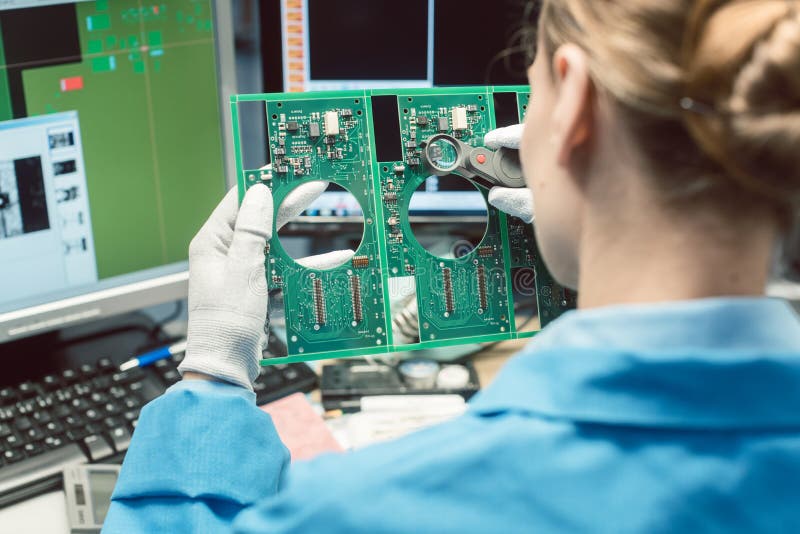In today’s rapidly evolving world, the integration of artificial intelligence (AI) in various industries is becoming increasingly prevalent. One such industry that benefits immensely from AI is turnkey electronics production. The role of AI in this sector is crucial for enhancing productivity, quality, and efficiency.

Understanding Turnkey Electronics Production
Before delving into how AI is applied, it’s important to grasp what turnkey electronics production entails. Essentially, it’s a comprehensive service that handles all aspects of the electronics manufacturing process, from design to delivery. This includes sourcing components, assembly, testing, and quality assurance. Companies offering these services provide a streamlined solution, ensuring products are ready for the market without the client needing to manage multiple suppliers.
The Role of AI in Streamlining Processes
AI plays a pivotal role in optimizing various stages of turnkey electronics production. From enhancing automated inspection processes to improving supply chain logistics, AI-driven processes ensure efficiency and precision. By leveraging machine learning algorithms, manufacturers can predict potential bottlenecks and address them proactively.
Quality Control and Assurance
Maintaining high-quality standards is paramount in electronics production. AI technologies, such as computer vision, enable real-time quality control. By analyzing images and detecting anomalies, AI systems can ensure that only products meeting stringent quality criteria reach the market. This minimizes defects and enhances customer satisfaction, as discussed in our article on how turnkey PCB assembly improves quality.
AI-Driven Design and Prototyping
The design phase of electronics production is critical. AI assists in generating innovative designs by analyzing existing patterns and suggesting improvements. This not only accelerates the design process but also fosters creativity. Moreover, AI facilitates rapid prototyping, allowing for quick iterations and modifications.
Supply Chain Optimization
Efficient supply chain management is vital for turnkey electronics production. AI algorithms analyze data from various sources to optimize inventory levels, forecast demand, and streamline logistics. This ensures components are available when needed, reducing delays and lowering costs. For a deeper understanding of how AI contributes to cost reduction, refer to our article on turnkey helps reduce overhead.
Predictive Maintenance
AI-powered predictive maintenance is another area where AI makes a significant impact. By analyzing data from sensors and equipment, AI systems can predict potential failures before they occur. This proactive approach minimizes downtime, enhances machine longevity, and ensures uninterrupted production.
Enhancing Human-Machine Collaboration
AI doesn’t replace human expertise but rather complements it. By automating repetitive tasks, AI frees up human workers to focus on more strategic and creative activities. This collaboration between humans and machines leads to greater innovation and productivity.
Challenges and Opportunities
While AI offers numerous benefits, its implementation in turnkey electronics production comes with challenges. These include the need for skilled personnel to manage AI systems and concerns about data security. However, the opportunities for growth and efficiency far outweigh these challenges.
Future of AI in Turnkey Electronics Production
The future looks promising for AI in this industry. As AI technologies continue to evolve, we can expect even greater advancements in automation, customization, and product quality. The integration of AI with emerging technologies like the Internet of Things (IoT) will further revolutionize turnkey electronics production.
Conclusion
In conclusion, the use of AI in turnkey electronics production is transforming the industry by enhancing efficiency, quality, and innovation. By embracing AI, companies can stay competitive in a rapidly changing market landscape. To explore more about how AI is shaping the electronics industry, check out this external resource.

FAQs
What is turnkey electronics production?
Turnkey electronics production is a comprehensive service where a single provider manages all aspects of electronics manufacturing, from design to delivery.
How does AI improve quality control in electronics production?
AI enhances quality control by using technologies like computer vision to detect anomalies and ensure that only high-quality products reach the market.
What are the future trends in AI and electronics production?
The future will see more integration of AI with emerging technologies like IoT, leading to greater automation and customization in electronics production.


